Ever wonder why that nagging self-doubt just won’t let up? Childhood leaves a lasting mark, even when those experiences weren’t outright terrible. If low confidence holds you back, these surprisingly subtle moments may be where it started.
1. Excessive Criticism or Lack of Praise

Children who frequently face criticism from parents, teachers, or peers, and receive little to no praise, may grow up doubting their abilities and worth. Constantly hearing about what they did wrong without acknowledgment of their successes can lead to a persistent fear of failure and a belief that they aren’t good enough.
2. Overprotective Parenting

While well-intentioned, overprotective parenting can prevent children from experiencing failure and learning from it. Being shielded from every potential harm or challenge doesn’t allow them to develop coping mechanisms or resilience, making them less confident in their ability to handle life’s obstacles.
3. Bullying or Social Exclusion
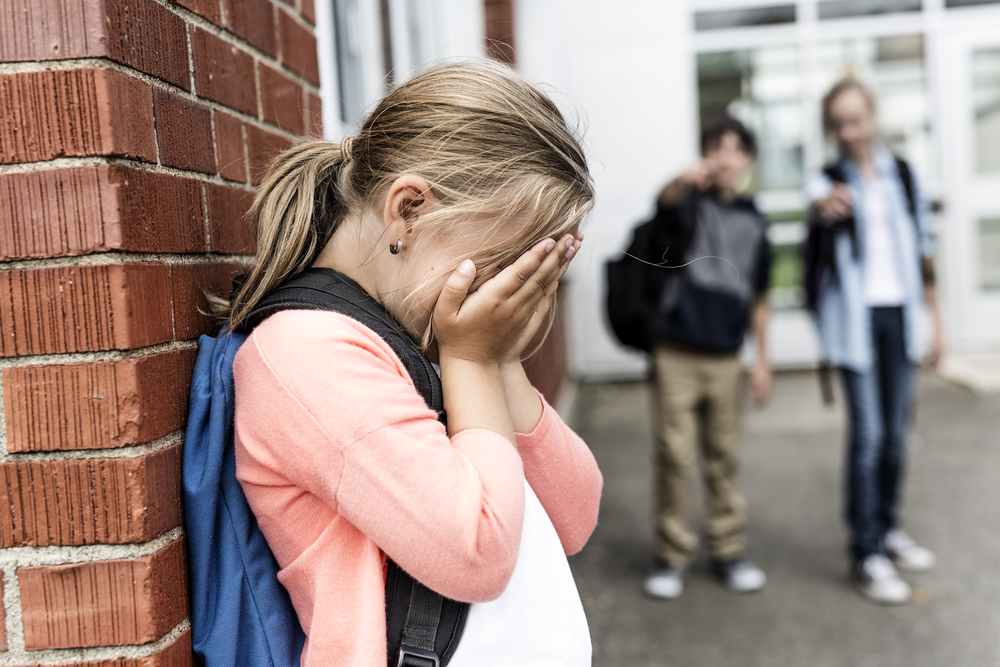
According to McLean Hospital, experiences of bullying or feeling excluded by peers can deeply impact a child’s self-esteem. The persistent negativity and isolation can lead to long-term feelings of inadequacy and a lack of confidence in social situations.
4. High Expectations or Pressure to Succeed

According to Michigan State University, growing up in environments with unrealistically high expectations or constant pressure to succeed can set children up for a fear of failure. When the emphasis is on the end result rather than the effort and learning process, it can create a mindset where anything less than perfection is seen as a failure, undermining self-confidence.
5. Lack of Supportive Relationships

Children who lack strong, supportive relationships with family members or friends may struggle with self-worth. Supportive relationships provide a safe space for children to express themselves and feel valued, and without these, they may lack the foundational confidence that comes from being valued and understood.
6. Comparison with Siblings or Peers
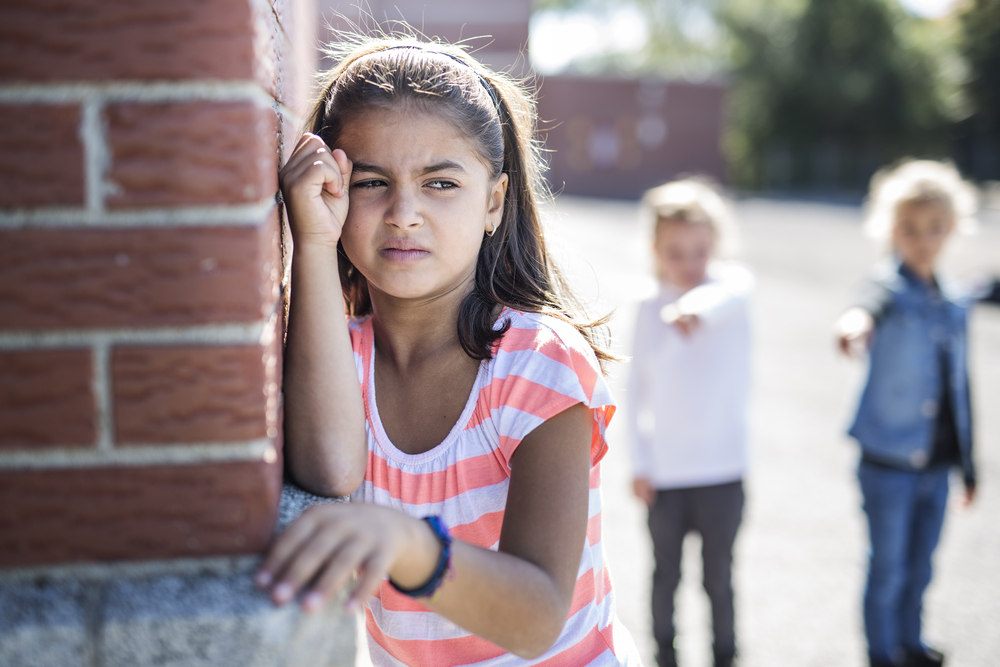
Being constantly compared to siblings, cousins, or peers can lead to feelings of inadequacy. If a child feels they are always falling short of others, it can diminish their sense of individual worth and dampen their confidence in their unique abilities.
7. Negative School Experiences
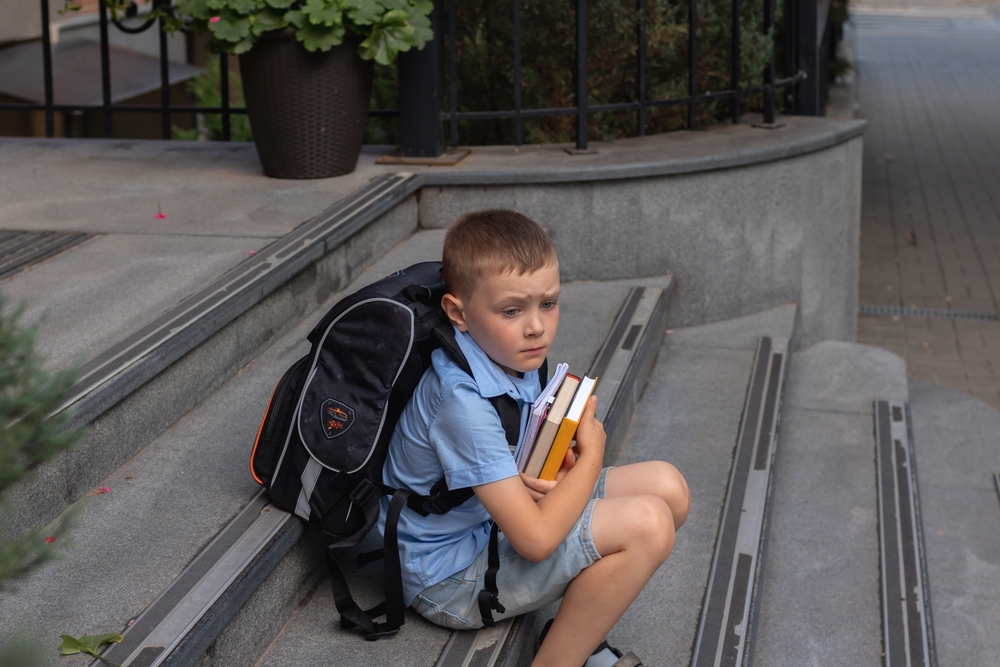
Negative experiences in school, such as difficulty learning, harsh discipline, or feeling undervalued by teachers, can contribute to a lack of confidence. School plays a significant role in a child’s life, and negative experiences in this setting can impact their self-esteem and belief in their abilities.
8. Traumatic Events

Traumatic events, such as the loss of a loved one, accidents, or abuse, can have a profound effect on a child’s sense of security and self-esteem. The emotional turmoil from such events can lead to long-term confidence issues if not addressed with professional support and care.
9. Lack of Autonomy

Children who are not given opportunities to make decisions or who are constantly micromanaged may grow up feeling unsure of their ability to make choices. A lack of autonomy can lead to adults who second-guess themselves and lack confidence in their decision-making skills.
10. Dismissive or Invalidating Environments

Growing up in an environment where a child’s thoughts, feelings, or experiences are routinely dismissed or invalidated can lead to adults who doubt the validity of their own perspectives and feelings. This self-doubt can manifest as a lack of confidence in expressing themselves or asserting their needs.
11. Inconsistent Parental Support

Children who experience unpredictable support from their caregivers may struggle to develop a stable sense of confidence. Inconsistent encouragement or emotional availability can leave children unsure of their worth and hesitant to trust their abilities.
12. Exposure to Family Conflict

Witnessing regular conflicts or tension within the family can undermine a child’s sense of security and self-esteem. Growing up in an environment where discord is prevalent can lead to difficulties in developing healthy, confident interpersonal relationships.
13. Being Overlooked or Ignored
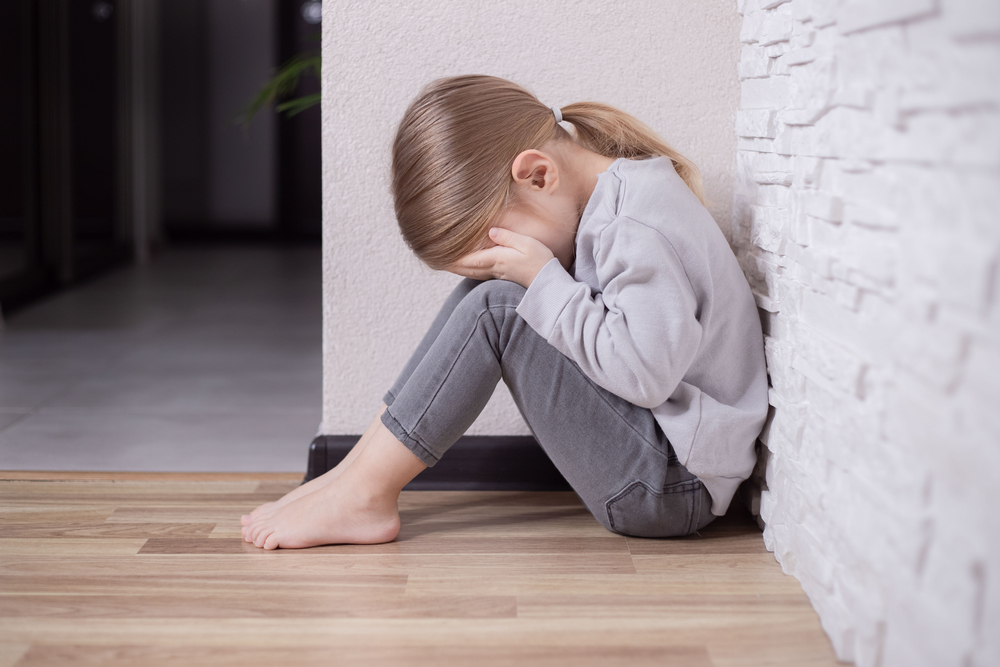
Children who often feel overlooked, whether in the family or at school, may internalize the belief that they are not important or worthy of attention. This can manifest as a lack of confidence in their value and contributions.
14. Academic Struggles Without Support

Children who face challenges in learning or keeping up academically, without receiving the necessary support, can develop a lasting sense of inadequacy. The continuous struggle without adequate help can lead to a lack of confidence in their intellectual abilities.
15. Lack of Participation in Group Activities
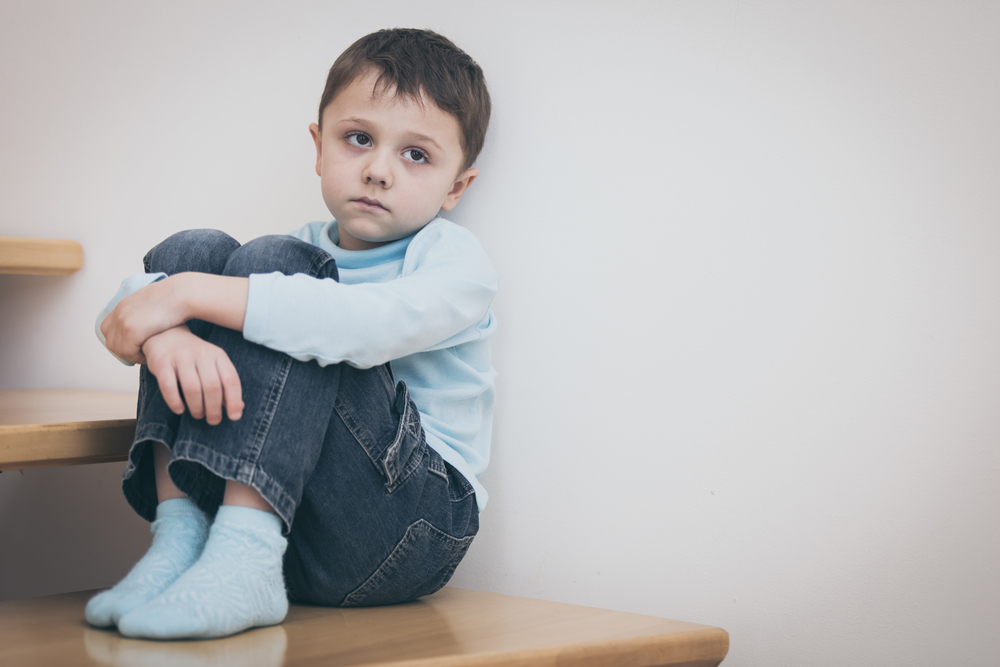
Children who miss out on group activities, whether due to shyness, exclusion, or other reasons, may not develop the social skills and self-assurance gained through such interactions. This lack of early social engagement can result in lower confidence in group settings.
16. Early Responsibility or Adultification

Children forced to take on adult responsibilities prematurely, due to family circumstances or other factors, may miss out on essential stages of childhood development. This adultification can lead to a lack of confidence in their ability to meet expectations, as they were pushed into roles they were not ready for.
17. Negative Body Image or Physical Bullying

Experiences of body shaming, whether at home, school, or through media exposure, can profoundly impact a child’s self-esteem. Similarly, being bullied for physical attributes can lead to long-term confidence issues related to body image and self-worth.








